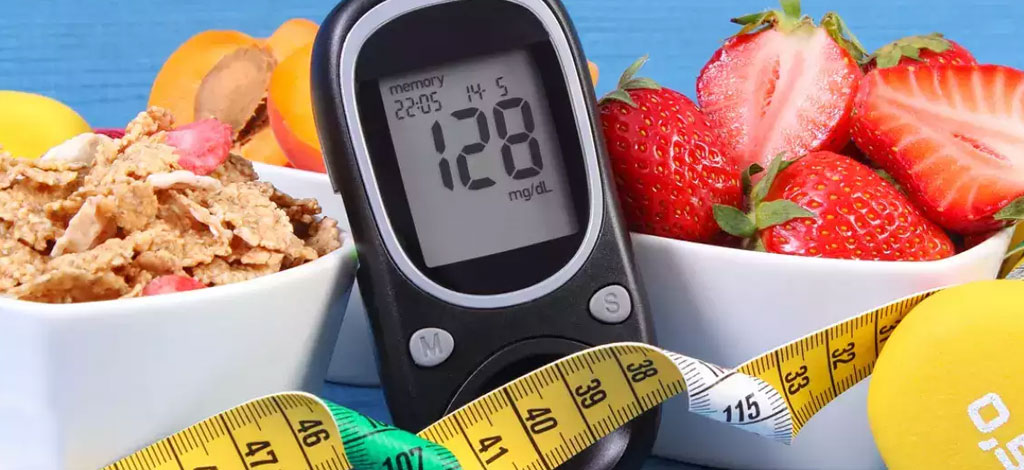Reversal of Diabetes
Reversal of diabetes typically refers to a significant improvement in the management of diabetes to the point where blood sugar levels return to normal or near-normal levels without the need for diabetes medications. Reversing diabetes is often more achievable in cases of Type 2 diabetes than in Type 1 diabetes. However, it's essential to note that while lifestyle changes and interventions can lead to significant improvements, diabetes may not be entirely cured.
- Healthy Diet: Adopting a balanced and nutritious diet is crucial. Focus on whole foods, including fruits, vegetables, whole grains, lean proteins, and healthy fats. Limit the intake of processed foods, sugars, and refined carbohydrates.
- Weight Management: Achieving and maintaining a healthy weight can significantly improve insulin sensitivity. Weight loss, even a modest amount, can have a positive impact on blood sugar control.
- Regular Physical Activity: Regular exercise helps the body use insulin more effectively, control blood sugar levels, and improve overall health. Both aerobic exercises and strength training are beneficial.
- Medication Management: Under the guidance of healthcare professionals, adjustments to medication (or potential medication withdrawal) may be considered as blood sugar levels improve.
- Stress Management: Chronic stress can impact blood sugar levels. Techniques such as meditation, yoga, and other stress-reduction strategies may contribute to improved diabetes management.
- dequate Sleep: Poor sleep patterns can affect insulin sensitivity. Ensuring sufficient and quality sleep is an important aspect of diabetes management.
- Regular Monitoring: Regular monitoring of blood glucose levels helps individuals and healthcare providers track progress and make necessary adjustments to the management plan.
Reversal Strategies for Type 2 Diabetes:
Reversal in Type 1 Diabetes:
Type 1 diabetes is an autoimmune condition where the body's immune system attacks the insulin-producing cells in the pancreas. Currently, there is no known cure for Type 1 diabetes, and insulin replacement therapy is essential for survival. However, advancements in medical research, such as beta-cell transplantation or immunotherapies, are being explored as potential strategies for the future.

